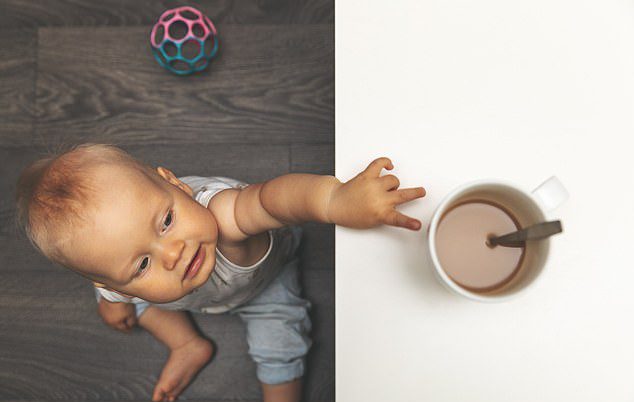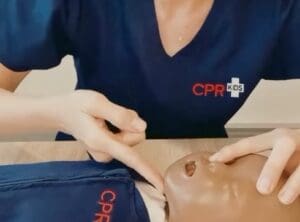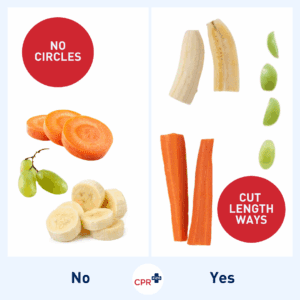
Watch our demo of CPR for babies and children
Do you know how to perform CPR on babies and children? This is an essential skill, always – but is especially vital right now as emergency services experience unprecedented demand.

Knowing the most common causes of burns and the most at-risk age groups is vital in preventing burns.
According to the Burns Registry of Australia and New Zealand (BRANZ) Annual Report 2020/21 (looking at all acute burn injuries admitted to Australian and New Zealand burn Services in the 12 months to June 30th 2021), the most common cause of burn injuries amongst paediatric patients was scalds – accounting for a whopping 49% of all burns in paediatric patients.
This was followed by contact (24%), flame (11%), and friction burns (11%).

The age group that reported the most burns injuries was the 13-24m age group with 31.2% of all burns injuries occurring in this age group, over the ages 0-15 years.
The 13-24 month age group also accounted for the highest rate of scalds by far (45.6% of scalds in children aged 0-15 years).

Overall in paediatric cases, hot beverages were the most common sub-cause (19%), followed by food (liquid or solid) (10%).
Kidsafe often states “hot drinks burn like fire” – and it’s true! To prevent scalds there are 2 main things you can do;
Prevention is key but knowing the correct first aid is vital. Remember – 20 minutes of cool running water is the most effective treatment for burns and scald injuries. We love this visual from Kidsafe & ANZBA –

And also remember – milk, honey, butter, toothpaste, or ice, are not effective treatments!
Watch our video below for a step-by-step guide on treating burns in little ones –
REFERENCES

Do you know how to perform CPR on babies and children? This is an essential skill, always – but is especially vital right now as emergency services experience unprecedented demand.

Kids put more than their fingers up their nose – know the steps to safely remove objects before your child hides something up there!

We can’t and shouldn’t wrap our kids up in cotton wool either – otherwise we would still be feeding our teens puree! Choking accidents do happen, and it is important to know the first aid if your child does choke. However there are four actions we can take to reduce the risk of choking in little ones. Here are the four S’s of choking prevention:
– Shapes
– Sitting down
– Supervise
– Search